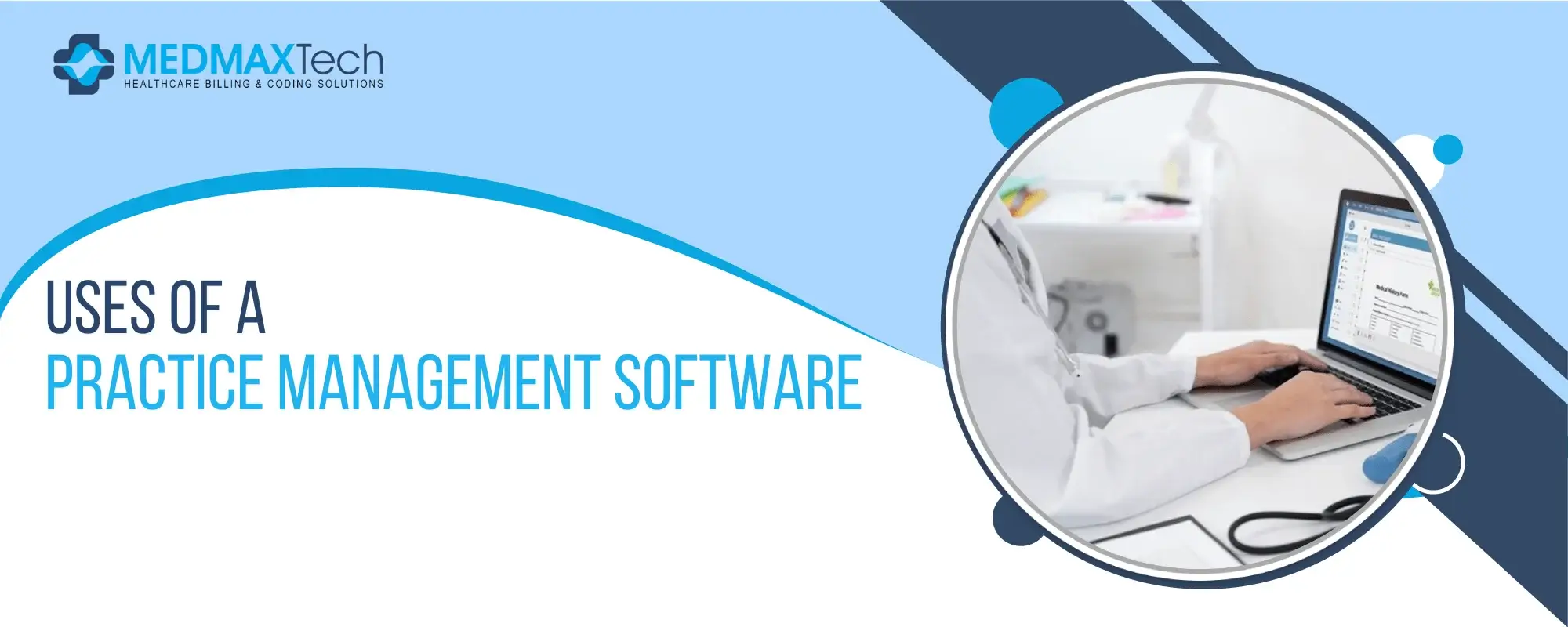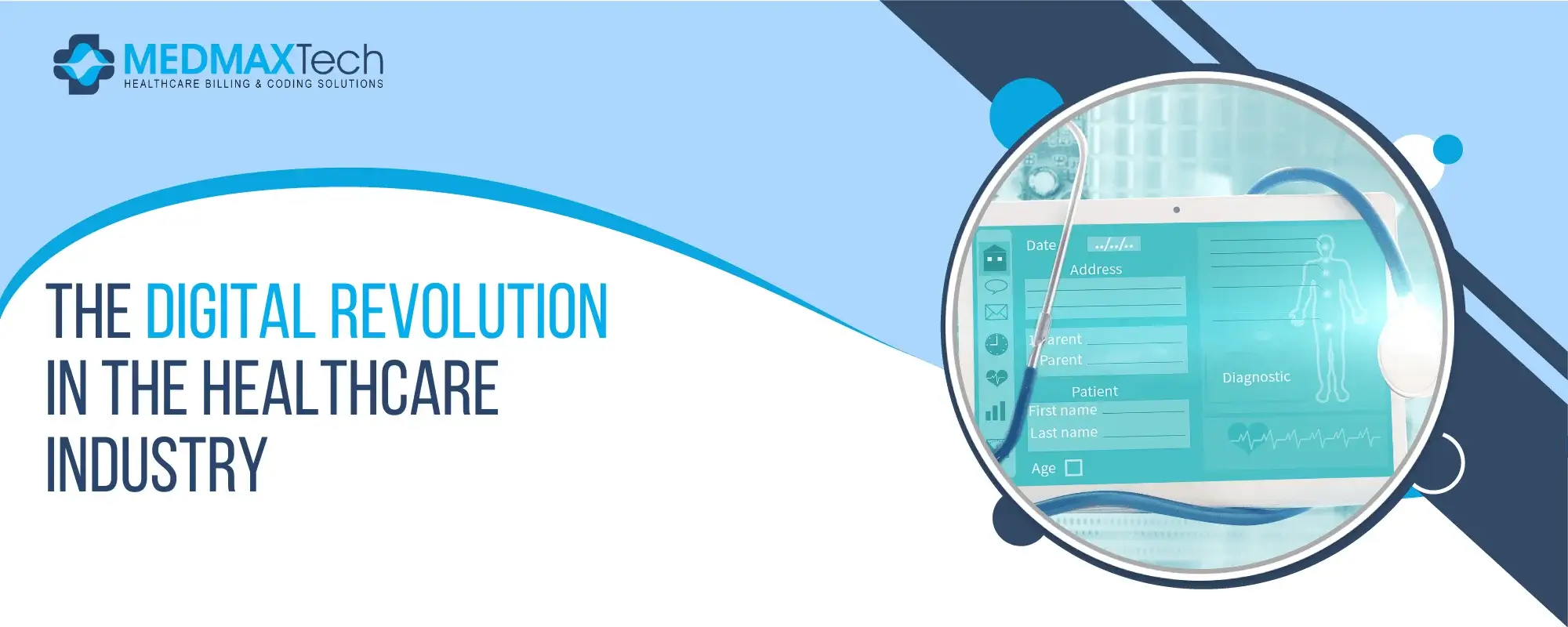
Why Do Hospitals Outsource Their Accounts Receivable?
What are account receivables? Accounts receivable refers to the amount of money that a business is owed by its customers for goods or services that have been provided. These are typically short-term assets and are recorded on the balance sheet as current assets. Accounts receivable represent money that is owed to the business and are an important part of a company’s cash flow management.
Important Concepts To Understand in Account Receivable
Accounts Payable Vs Accounts Receivable:
Accounts payable and accounts receivable are both important components of a company’s financial management. Accounts payable refers to the money a company owes to its vendors or suppliers for goods or services purchased on credit. Accounts receivable, on the other hand, refers to the money that is owed to the company by its customers for goods or services that have been provided on credit. These two concepts are related, as effective management of accounts receivable can help a company manage its accounts payable by improving its cash flow.
Accounts Receivable Financing:
Accounts receivable financing is a process in which a company uses its accounts receivable as collateral to secure a loan. This can be beneficial for companies that have outstanding receivables but need immediate cash flow. The financing company typically advances a portion of the outstanding receivables and may charge a fee for its services.
Accounts Receivable Management:
Accounts receivable management refers to the process of tracking and collecting outstanding accounts receivable. Influential accounts receivable management can improve a company’s cash flow, reduce the likelihood of bad debts, and improve customer relationships. This process typically involves establishing credit policies, monitoring customer accounts, issuing invoices, and collecting payments.
Accounts Receivable Asset:
Accounts receivable are considered an asset on a company’s balance sheet. They represent the money that is owed to the company by its customers for goods or services that have been provided. Accounts receivableare typically considered a current asset, as they are expected to be collected within a year.
Aging Of Accounts Receivable:
The aging of accounts receivable is a report that shows the outstanding accounts receivable broken down by the length of time they have been excellent. This report can be used to identify problem accounts, monitor collections, and improve cash flow. The report typically shows the outstanding accounts receivable broken down by categories, such as 30 days past due, 60 days past due, and 90 days past due.
Introduction to Hospital Accounts Receivable Outsourcing
What Does Outsourcing Hospital Accounts Receivable Services Mean?
Outsourcing hospital accounts receivable services is a process in which a hospital contracts with an external company to manage its accounts receivable. Accounts receivable refers to the money owed to the hospital by patients and insurance companies for medical services provided. By outsourcing this process, hospitals can benefit from the expertise and technology of external companies and free up resources to focus on their core competencies, such as patient care.
Cost Reduction And Increased Efficiency:
Outsourcing hospital accounts receivable can help hospitals reduce costs and increase efficiency in several ways. First, outsourcing companies have specialized knowledge and technology that can improve the accuracy and speed of claims processing and reduce the likelihood of billing errors. This can result in faster reimbursement and fewer denied claims, which can help hospitals improve cash flow. Additionally, outsourcing can help hospitals reduce staffing costs, as they no longer need to hire and train personnel to manage accounts receivable in-house.
Access To Expertise And Technology:
Outsourcing hospital accounts receivable can provide hospitals with access to specialized expertise and technology that they may not have in-house. Outsourcing companies often have a team of professionals who are experienced in claims processing and revenue cycle management. They may also have advanced technology and analytics tools that can help hospitals identify opportunities to improve revenue and reduce costs.
Focus On Core Competencies:
Outsourcing hospital accounts receivable can help hospitals focus on their core competencies, such as patient care. By outsourcing this process, hospitals can free up resources that can be redirected to areas that directly impact patient care, such as hiring additional clinical staff, improving facilities, or investing in new medical technologies. This can help hospitals improve the quality of care they provide and ultimately benefit patients.
Improved Cash Flow And Revenue Cycle Management:
Outsourcing hospital accounts receivable can help hospitals improve their cash flow and revenue cycle management. Outsourcing companies often have advanced technology and analytics tools that can help hospitals identify opportunities to improve revenue and reduce costs. They may also have a team of professionals who are experienced in claims processing and revenue cycle management, which can result in faster reimbursement and fewer denied claims. This can help hospitals improve cash flow and reduce the time between providing services and receiving payment.
Reduced Regulatory And Compliance Risks:
The healthcare industry is subject to complex regulations and compliance requirements. Outsourcing hospital accounts receivable can help hospitals manage regulatory and compliance risks. Outsourcing companies are often experienced in navigating the regulatory environment and can help hospitals stay up to date with changing regulations. They may also have processes and technology in place to ensure compliance with regulatory requirements, which can help hospitals avoid costly fines and penalties.
Increased Patient Satisfaction And Loyalty:
Outsourcing hospital accounts receivable can help hospitals improve patient satisfaction and loyalty. Effective revenue cycle management can reduce billing errors, improve the accuracy of patient statements, and provide patients with more information about the cost of their care. This can lead to greater transparency, better communication, and increased trust between patients and hospitals. Ultimately, this can improve patient satisfaction and loyalty.
Choosing the Right Outsourcing Partner.
Factors to Consider When Outsourcing For Hospital Accounts Receivable
Outsourcing partner for hospital accounts receivable, there are several factors that hospitals should consider.
- First, hospitals should evaluate the outsourcing company’s experience and expertise in the healthcare industry. The company should have a track record of success in managing hospital accounts receivable and should be familiar with the unique challenges and regulations of the healthcare industry.
- Second, hospitals should consider the outsourcing company’s technology and analytics capabilities. The company should have advanced technology and analytics tools that can help hospitals identify opportunities to improve revenue and reduce costs. Additionally, the company should have secure systems and processes in place to protect patient information and ensure compliance with regulatory requirements.
- Third, hospitals should consider the outsourcing company’s staffing and support capabilities. The company should have a team of professionals who are experienced in claims processing and revenue cycle management and should be able to provide ongoing support and communication to the hospital.
- Fourth, hospitals should evaluate the outsourcing company’s pricing and contract terms. The company’s pricing should be competitive, and the contract terms should be transparent and easy to understand. Additionally, the contract should provide flexibility and the ability to make changes if necessary.
People Also Ask
What is accounts receivable (AR) and why is it so important to healthcare providers?
Accounts receivable (AR) is the money that healthcare providers are owed by patients, insurance companies, and other third-party payers for services provided. In healthcare, AR management is critical to maintaining a positive cash flow and keeping a provider's business financially stable. The longer it takes for providers to collect on their AR, the greater the impact on their cash flow and financial stability.
Healthcare providers often have to deal with multiple payers, including government payers like Medicare and Medicaid, private insurance companies, and self-pay patients. Each of these players has its unique requirements and processes for submitting claims, which can make managing AR a complex process. In addition, healthcare providers have to deal with denials, appeals, and other issues that can impact their AR.
How can accounts receivable be improved in healthcare?
To improve AR management in healthcare, providers can implement several strategies, including:
- Automating processes:
Automating the claims submission and AR management process can help improve accuracy and efficiency. This includes automating tasks like claim submission, patient eligibility verification, and follow-up on unpaid claims.
- Implementing revenue cycle management (RCM):
RCM is a comprehensive approach to managing a provider's revenue cycle, from patient registration to claim submission, payment posting, and AR follow-up. By implementing an RCM system, providers can streamline their revenue cycle and improve their overall AR management.
- Conducting regular audits:
Conducting regular audits of a provider's AR can help identify areas where improvements can be made. This can include identifying common denials or other issues that impact AR and developing strategies to address these issues.
- Offering Patient Payment Options:
Providers can improve their AR by offering patients a variety of payment options, such as payment plans or online bill pay. This can help improve patient satisfaction and increase the likelihood of payment.
How can healthcare accounts receivable be reduced?
To reduce healthcare AR, providers can implement several strategies, including:
- Improving claims management:
Providers can reduce their AR by improving their claims management process. This includes ensuring that claims are submitted accurately and timely, following up on unpaid claims, and appealing denied claims when appropriate.
- Offering prompt payment discounts:
Providers can incentivize patients to pay their bills more quickly by offering prompt payment discounts. This can help reduce the time it takes to collect on AR and improve a provider's cash flow.
- Implementing payment policies:
Providers can establish payment policies that set expectations for payment, such as requiring payment at the time of service or setting a maximum amount of time for payment. This can help reduce the time it takes to collect on AR and improve overall cash flow.
- Outsourcing AR management:
Providers can outsource their AR management to a third-party vendor, such as a medical billing company or collection agency. This can help reduce the burden on staff and improve AR management by utilizing the expertise of a dedicated AR management team.









